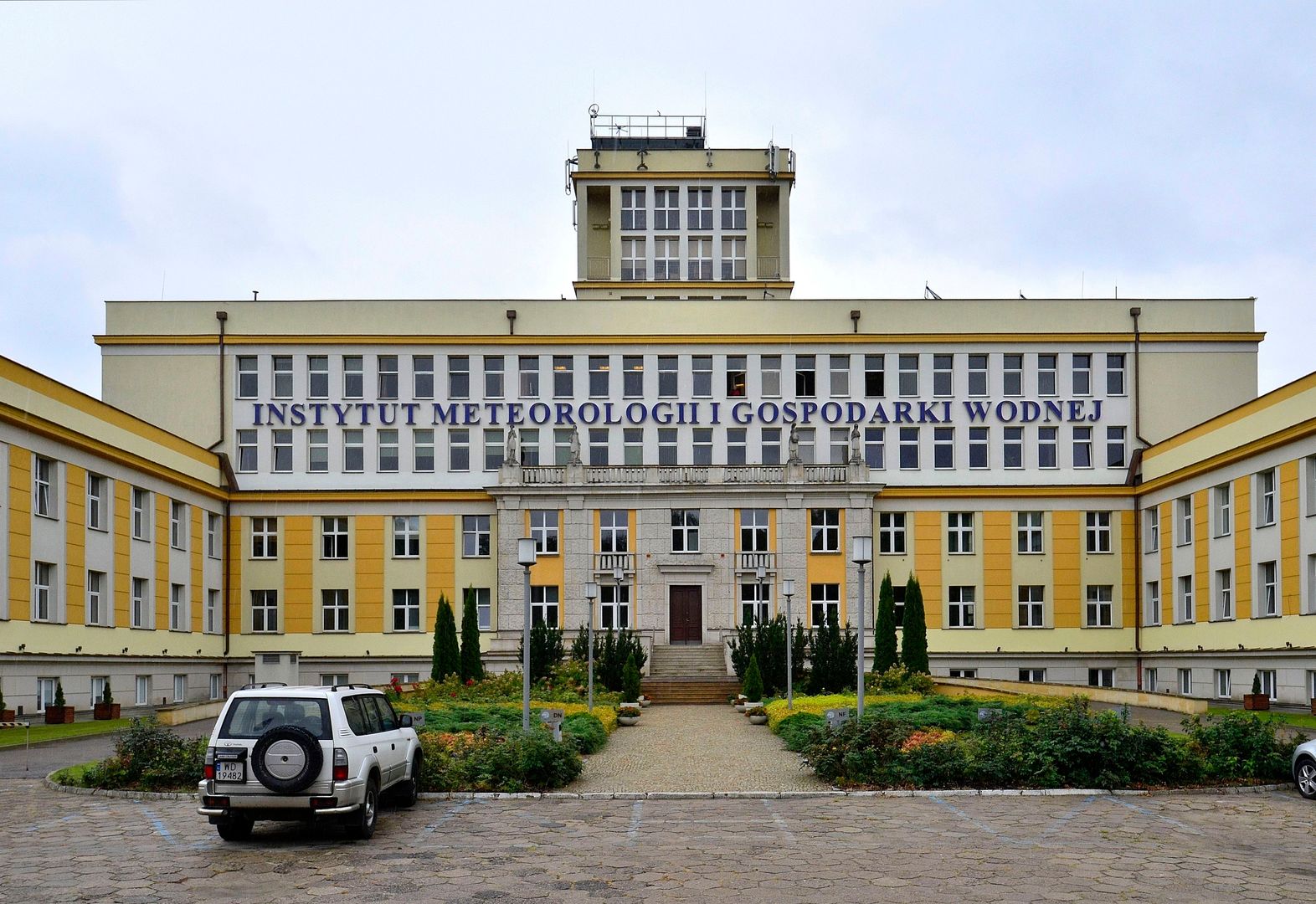Institute of Meteorology and Water Management
6.78

Overview
The Institute of Meteorology and Water Management – National Research Institute (IMGW-PIB) is a key institution dealing with meteorology and hydrology in Poland, operating under the supervision of the Ministry of Infrastructure. Established in 1972 through the merger of the Institute of Hydrology and Meteorology and the Institute of Water Management, IMGW-PIB operates in accordance with the Research Institutes Act and the Water Law. The primary goal of the institute is to conduct systematic meteorological and hydrological measurements and analyses, as well as to forecast atmospheric and hydrological conditions.
The institute has advanced infrastructure, including the POLRAD radar network and 63 hydrological-meteorological stations, which enable it to perform accurate measurements. Through cooperation with various organizations, IMGW-PIB collects and provides data on the quality of water and atmospheric resources, as well as meteorological warnings. In recent years, the institute has had to adapt to EU regulations, which require the free provision of meteorological and hydrological data, thereby increasing the availability of information for citizens and research institutions.
From a cultural perspective, IMGW-PIB promotes safety and environmental awareness in society, especially in the context of climate change. It is also worth noting the controversies associated with the institute, including the arrest of former director Mieczysław Ostojski in 2016 on corruption charges, which cast a shadow on the institution's reputation.
One of the interesting projects is the "Polish Atlas of Rainfall Intensities" (PANDa), which IMGW-PIB is implementing in cooperation with the company Retencjapl and which contains high temporal resolution rainfall data for 930 cities in Poland. Additionally, the institute operates weather portals, such as pogodynka.pl and "Żagle Pogodynka," which provide forecasts and warnings for sailors. IMGW-PIB's cooperation with EUMETSAT confirms its involvement in international support for meteorological research, even though Poland is not a member of the European Centre for Medium-Range Weather Forecasts.
In an architectural context, it is worth noting that the institute operates from a modern building with advanced remote sensing infrastructure, which helps improve service quality and data management. Over the years, IMGW-PIB has become not only a research center but also an institution that significantly influences environmental protection policy in the country.
Location
2026 Wizytor | All Rights Reserved